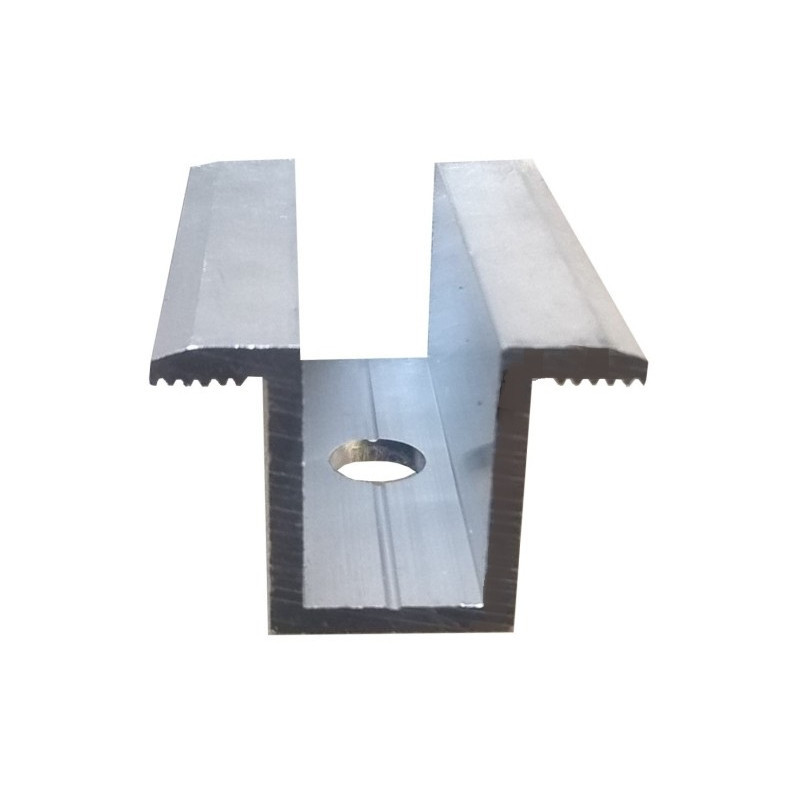

stud bolt manufacturers
নভে. . 16, 2024 21:33 Back to list
stud bolt manufacturers
The Essence of Stud Bolt Manufacturers A Critical Industry Overview
Stud bolts play an essential role in various industrial applications, serving as a pivotal component in the assembly of machinery, structures, and equipment. As a specialized type of fastener, stud bolts are characterized by their unique design—with threads along a portion of their length while the other part remains unthreaded. The manufacturing of these critical components falls under the purview of stud bolt manufacturers, a sector that embodies engineering precision and innovation.
Understanding Stud Bolts
Stud bolts are primarily used in high-stress environments, particularly in industries like oil and gas, petrochemical, power generation, and construction. Their design allows for a secure grip and the ability to withstand significant tensile and shear forces. Typically, they are used in conjunction with nuts and are particularly beneficial when space is limited—a common scenario in complex machinery assembly.
The materials used in manufacturing stud bolts vary depending on the application. Common materials include carbon steel, stainless steel, and alloy steel, with each offering different levels of corrosion resistance, strength, and durability. The choice of material is crucial, as it directly impacts both the performance and longevity of the fasteners in demanding environments.
The Manufacturing Process
The production of stud bolts involves several intricate steps that require precision engineering and quality controls. The process generally begins with selecting quality raw materials, which are then subjected to various machining operations. These operations include forging, threading, heat treating, and surface finishing.
1. Forging This initial step involves shaping the raw material into the desired form. Utilizing high temperatures and immense pressure ensures that the material obtains the necessary strength and toughness.
2. Threading Following forging, threads are created on the bolt. This is often accomplished through cutting or rolling techniques, ensuring that the threads meet standardized measurements and tolerances essential for proper fitment.
3. Heat Treatment This process enhances the mechanical properties of the complete stud bolt. Heat treatment methods, such as quenching and tempering, are used to increase strength and hardness, which are vital for the bolt's application.
stud bolt manufacturers

4. Finishing Finally, surface treatments are applied, which may include coatings such as zinc plating, passivation, or other treatments designed to improve corrosion resistance. This finishing touch not only contributes to the longevity of the fasteners but also enhances their aesthetic appeal.
The Role of Quality Control
Quality control is a non-negotiable aspect of stud bolt manufacturing. Given the critical nature of their applications, manufacturers implement various quality assurance measures to guarantee that every batch of studs meets the required specifications and industry standards. This often includes non-destructive testing, dimensional checks, and material verification.
Additionally, certifications such as ISO 9001 reflect a manufacturer’s commitment to quality management and continuous improvement. This level of dedication to quality is essential in building trust with clients, particularly those in high-stakes industries where failure can lead to catastrophic consequences.
Market Trends and Innovations
The stud bolt manufacturing sector has witnessed significant advancements due to technological innovation and market demands. Automation and computer numerical control (CNC) technologies have revolutionized the manufacturing processes, increasing efficiency and precision. Moreover, emerging materials and coatings are being developed to enhance performance, particularly in extreme conditions.
Sustainability is also becoming a critical factor in manufacturing practices. Companies are exploring eco-friendly materials and processes to minimize their environmental footprint. As industries move towards more sustainable practices, stud bolt manufacturers are embracing this trend, contributing to a greener future.
Conclusion
In conclusion, stud bolt manufacturers play a crucial role in modern industries, supplying essential components that support the integrity and functionality of various applications. The intricate manufacturing process, stringent quality control, and adaptation to market trends highlight the importance of this sector. With the continuous evolution of technology and an increasing emphasis on sustainability, the future of stud bolt manufacturing is poised for growth and innovation, ensuring that these vital components can meet the demands of an ever-evolving industrial landscape. As such, they not only support current technologies but also pave the way for the innovations of tomorrow.
Latest news
-
Premium Fasteners Manufacturer | AI-Driven Solutions
NewsAug.01,2025
-
Hot Dip Galvanized Bolts - Hebei Longze | High Strength, Corrosion Resistance
NewsAug.01,2025
-
High-Strength Hot Dip Galvanized Bolts - LongZe | Corrosion Resistance, Custom Sizes
NewsAug.01,2025
-
Best Self Tapping Screws for Drywall - Fast & Secure Installation
NewsJul.31,2025
-
High-Strength Hot Dip Galvanized Bolts-Hebei Longze|Corrosion Resistance&Customization
NewsJul.31,2025
-
Hot Dip Galvanized Bolts-Hebei Longze Metal Products|Corrosion Resistance&High Strength
NewsJul.31,2025

